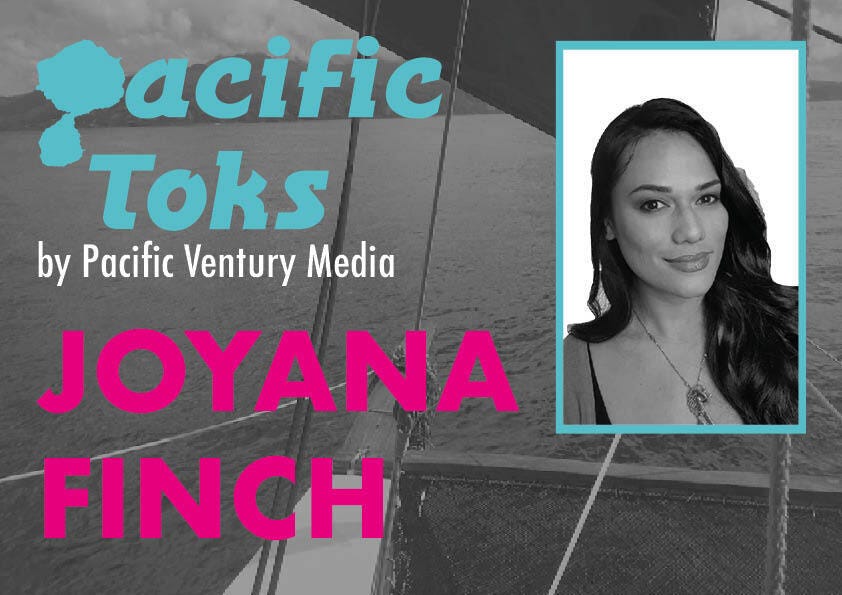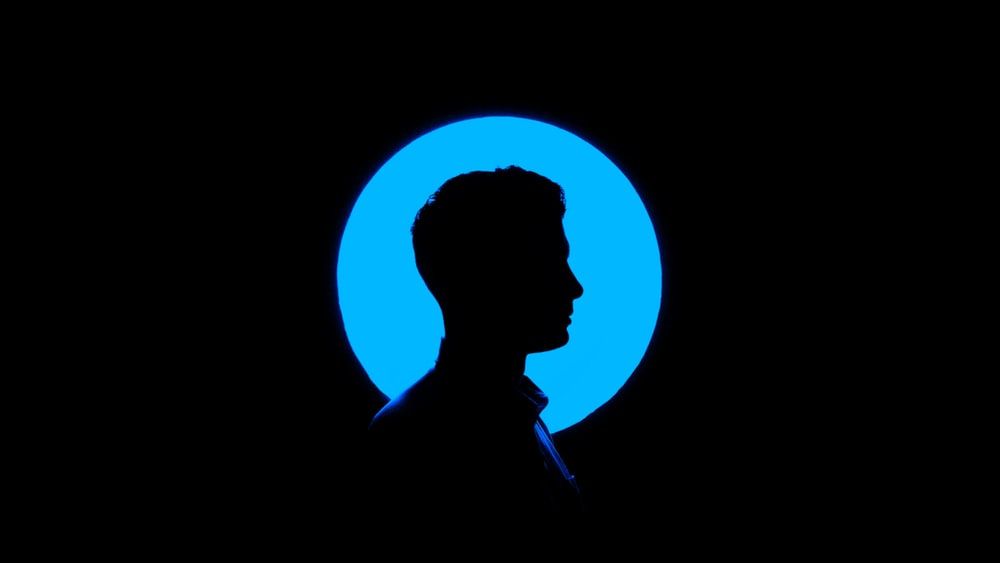
Maybe it won’t happen in our lifetime but can you imagine that your children, or your grandchildren, will one day face the choice of which genes they want to include in their own offsprings. In much the same way as we go to the mall and build our own bear.
This week’s The Global Tiller looks into CRISPR, the new technology that will make this possible. We find out what CRISPR is, what it has been used for and what can we potentially achieve with it.
In simple terms, CRISPR is a powerful tool to edit genomes. It allows scientists to alter DNA sequences and modify gene function, which can allow us to improve crops, prevent the spread of diseases and correct genetic defects in human beings.
Even if the technology is fairly new, it is already being used in a variety of ways, such as turning pigs into organ donors, making new fruits, modifying flowers, halting muscular dystrophy in dogs and creating new treatments for cancer and blood disorders. In fact, CRISPR has made gene editing so easy that China is betting on it to feed its 1.4 million people in the future. While the European Union strictly regulates genetically modified organisms, the US has been far more liberal with oversight and China is expected to act the same once its big investment in this sector pays off.
Perhaps the one aspect of CRISPR that gets the most attention is its ability to edit human genes. Scientists are already conducting human trials for an experiment where they edited human cells outside the body and injected them back to treat cancer, sickle cell disease and other blood disorders. Some others have conducted experiments on human embryos where they took out a heart-disease causing genetic error.
Even though none of these embryos were implanted into women, this kind of germline editing, which can be passed on to subsequent generations, is considered controversial. Which is why when a scientist in China announced in 2018 that two gene-edited babies had already been born, people were shocked. This scientist used CRISPR to take out a gene to make them resistant to HIV.
This news led to widespread outrage across the scientific community, including in China but, since the dust settled, it has opened a new chapter in human gene editing, where it seems to be a real possibility. We are talking about creating super humans, modified to look like our own distorted understanding of superior humans - tall, light-skinned, good at mathematics, or whatever.
This may seem unbelievably unethical at the moment but I can easily imagine a future where parents will wonder if its unfair to not modify their children’s genes. If we have the choice to prevent our child from getting a genetic disease, will we allow a gene edit to make sure they never inherit this condition? Or if we know that a certain gene enhances their aptitude in science, will we give them that tool to make sure they can compete in the world? Is it any less different than parents trying all within their power to get their children into the best universities, or the best schools?
The way that our world is currently structured, it is likely that the people who will eventually be able to shop for the best genes, will be the rich ones. What kinds of inequalities will this create? Are we setting ourselves up for an apocalypse in which only the superior human genes survive and the rest eventually die out? What impact will this have on the current diversity of our intelligence, creativity, skin colours and lived experiences?
Speaking of everything that is wrong with the way our world is structured, who is to say that countries will not immediately develop the wrong kind of genes to wipe out 'enemy' populations? Is the next world war going to be fought over which sides creates far more superior humans?
I am not sure if the answer lies in nipping this technology in the bud. It does have promising consequences for our future, especially as we will need crops that can survive worsening climate fluctuations. Some scientists are pushing for more transparency in this sector, claiming that when the research is open sourced, what it does for us depends on the people and not big governments and corporations. As we go ahead with this technology, it will really disrupt our world as we know it. How about we be a little smart about it?
Do let us know your views on CRISPR and how do you think it will shape our world.
Until next week, take care!
Hira - Editor - The Global Tiller
If you’d like to read our previous issues, you can access our archives here.
Dig deeper
There is a lot of information and discussions happening on the impact of CRISPR on our future lives. I thought Ezra Klein raises some very important questions in this podcast on ‘Humanity’s Awesome, Terrifying Takeover of Evolution’. Let me know what you think!
Ia Ora Na, Welcome to this new episode of Pacific Toks, where I engage in active conversations with my guests to talk about the challenges our world is facing and seeing them through a Pacific lens. In this episode, I’m very pleased to speak with Joyana Finch. Joyana has graduated from the University of Auckland as the first Pacific woman in history with a degree in mechatronic engineering. She’s also a writer and a speaker, encouraging the younger generation towards a career in STEM.
…and now what?
One of my sisters and I have quite different views of the world, and life in general. It’s a good thing we live 20,000 km away from each other so we can avoid awkward dinner-time arguments. She has a singular view of what humans should be: their gender, their identity, their interactions with others.
I don’t. I describe my views on the quantum perspective: a spectrum of possibilities in which every situation can be both right and wrong until society draws a line for the common sake. Beyond this, we also differ on the fact that, to me, norms, normality and standards are subjective concepts that depend on the mentality of the time and the values of the community. She considers them to be a universal normality.
Can you imagine the conversations we are going to have now that CRISPR has added even more possibilities for humans?
This makes me think about the eugenist theories back in the 19th century when some “scientists” believed that there was a possibility to rank humans or to identify social behaviours based on physical traits. Some kind of strict determinism. A kind that would let you think that nature has an agenda, fit with some political views and that this is just a matter of fact and not ideology. It wasn’t a long walk from these kinds of views to the crimes committed by the Nazis.
On the other hand are movies like 'Gattaca’, which describe a dystopian future where being a “natural” human becomes a disability, suggesting that gene editing should not even be an option.
I believe, however, that there’s something in between. It’s a thin edge, one made for tightrope walkers, but we risk either falling into one nightmare or another. What will keep us balanced on the rope won’t be the tool but the values that define the final outcome. Because, let’s be honest, CRISPR is nothing but a technology. And technology is a tool, which can be good or bad.
So how do we make sure that this new tool, an amazing result of human’s prodigious collective intelligence, remains a source of positive outcomes that benefit everyone and avoids creating discrimination, terror or misery?
It comes down to us and how we define the big questions of our times. What does it mean to be human. But how would we define it? Will it be checking the right boxes, as my sister believes, and whosoever falls outside the box becomes an abnormality? Is a short-sighted person abnormal since they requires assistance to see unlike the way nature planned for them? Do we also need to settle on our conception of what’s natural or not? In that case, is CRISPR natural? Is a car natural? How about a pen? An umbrella? A frying pan? How about controlled fire? Does anyone really know? Who can tell? Who’s the best judge for this: our elders? From which time? And which culture?
When we start asking those questions, we realise that, eventually, there’s no way to define things unless we fall into some intellectual paralysis that is only valid for a certain time, in a certain place.
If we can’t settle on those definitions, for the simple fact that any of those would be intrinsically subjective and biased, we may just have to settle on values. Of course, they are subjective too, but they may be more useful in helping us decide in which direction we want to go:
Do we allow for inequality based on who can afford genetic manipulation?
Do we allow for some people who have created their own identities to never exist anymore?
Do we allow for a complete uniformity of our kind when nature has shown, since the Cambrian era, that diversity is the root of all survival?
These are tough questions. There are no answers. But there can be conversation based on values more than on outcomes. Let’s talk, and never stop talking. What we decide today may change tomorrow. But as long as we’ve agreed on one direction, there will still be room for change through agreement and conversation along the way. There was a time, being sexually different was a death sentence. It’s almost no longer the case. Values have changed, the way we use tools has evolved.
One thing is for sure, the conversation has to be global. Not one country. Not only governments, not even only scientists. We should all have a say in it. The more open, collaborative and transparent, the better it will be for this evolution 2.0 to become one we all desire, not one we all have to fall under.
It may not seem natural, but we have the ability to control what we will become in the future. Not every species can claim that. Let’s use this ability wisely, and let’s not edit it for the worst.
If you like this piece, you may be interested to read our last blog entry on "The good old days... really?"
Philippe - Founder - Pacific Ventury






